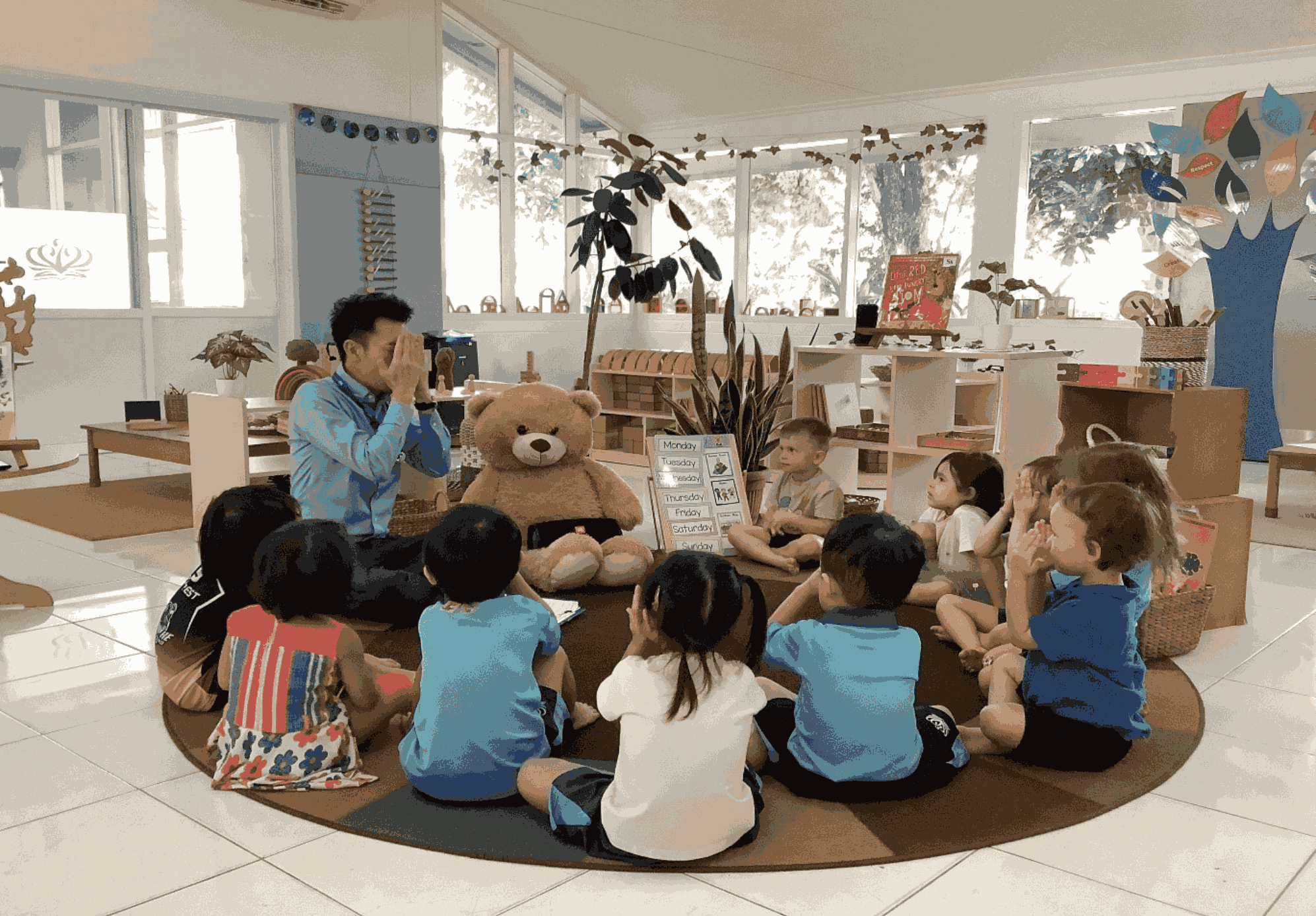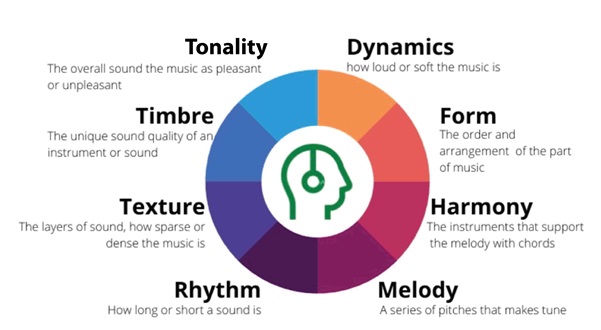We are expanding to secondary
Click here for further information
Admissions Open 2025-2026
Experience more our unique international school with a cozy, leafy environment, where every child is inspired to achieve their best.

The music curriculum in our Early Years classes at NAS develops the three skills of performing, appraising and creating.
Our youngest children in Nursery learn to respond to simple changes in dynamics, pitch and tempo and to express their feelings in response to music through words or gestures. They have the opportunity to create responses using simple percussion instruments.
As the children progress through F1 and F2, they begin to play and create simple patterns on various tuned or untuned percussion instruments. They learn a range of well-known action rhymes and songs following and identifying changes in pitch, rhythm, melody or movement.
From Year 1 upwards, learning progressively develops with the following outcomes:
Listen and respond to music
Create music in both vocal and instrumental settings, individually and collaboratively
Perform music in both vocal and instrumental settings, individually and collaboratively
As children get older, they sing songs in different keys in unison but also in 2 or 3 parts. As well as performing and creating music using a range of instruments, they gradually extend their musical vocabulary to talk about the eight elements of music. They learn to use graphic symbols and /or traditional notation and technology to create and perform their own music.

We are encouraging our students to develop their musical confidence and enthusiasm through singing assemblies, “House Showcases”, ECAs and more formal performances with an audience. There is also the opportunity to take part in the Virtual Young Musician of the Year competition on Global Campus.